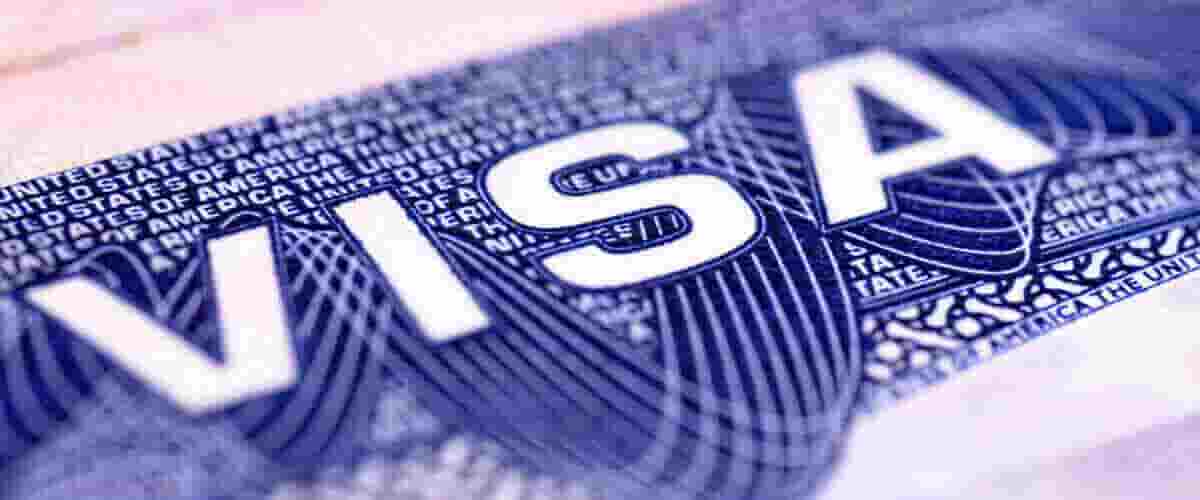Immigration Lawyers
Immigration Laws in India
Find Immigration Laws expert lawyer in India.
|
What are Immigration Laws? What are the applicable laws for Immigration? What areas are covered by the Immigration Laws? Vidhikarya will help you find a most suitable lawyer, for you in your city, who will be able to answer all your Immigration Laws related queries and also guide you on how to resolve this matter with ease. |
|
About the Immigration Laws |
|
Immigration laws are policies guiding the event of foreign nationals migrating into a country. Immigration laws deal with the process of allowing the said migration and also at times the punishment of unauthorised usage of the national territory. There are various ‘Push & Pull Mechanisms’ influencing the act of migration. |
What are the applicable laws to Immigration?
|
The Foreigners Act, 1946 The Passport (Entry into India) Act, 1920 The Extradition Act, 1962 The United Nations (Privileges and Immunities) Act, 1947 The Indian Constitution The Immigrants (Expulsion from Assam) Act, 1950 The Immigration (Carriers’ Liability) Act, 2000 |
Some important facts of Immigration Laws
|
1. There are different types of Visas, for eg – Tourist Visa (T Visa), Entry (X) Visa, Student Visa (S Visa), etc. however there is a special type of Visa called ‘Tourist Visa on Arrival’ for nationals of some countries like Japan, Laos, Myanmar, etc., which can be allowed for a maximum validity of 30 days at Delhi, Mumbai, Chennai, and Kolkata Airports. 2. Persons of Indian Origin (PIO) – the PIO Card Scheme, 2002 provides persons of Indian origin in possession of any other country’s passport, certain benefits like not requiring a separate VISA to visit India if they have the PIO Card with them. 3. As per the provisions of ‘The Immigrants (Expulsion from Assam) Act, 1950’, Central Government can order certain immigrants to be subjected to expulsion from Assam. 4. The Nationals of Nepal & Bhutan do not require Visa to enter the Indian Territory. 5. As per the policy of ‘Overseas Citizenship of India’, persons of Indian origin in certain countries can apply for a type of dual citizenship as per which they get certain rights such as being free from a lot of visa registration requirements, however, they will not have the right to vote in Indian elections or acquire certain kinds of real estate. 6. As per Section 2(d) of Extradition Act 1962, an Extradition Treaty refers to an understanding between India & a Foreign State as per which fugitive criminals can be extradited to & from India. Immigrants will be subject to this policy. 7. As per the provisions of ‘The Foreigners Act, 1946’, Indian administration has the capacity to detain a person until he/she is deported back to his/her own country. |
Search Result : Expert Immigration Lawyers
Consult Expert Immigration Lawyers in India
Advocate Abhimanyu Shandilya
Advocate Anik
Bangalore
Advocate Bharat Majmundar
Vadodara
Advocate Rohit Dalmia
Mumbai suburban













